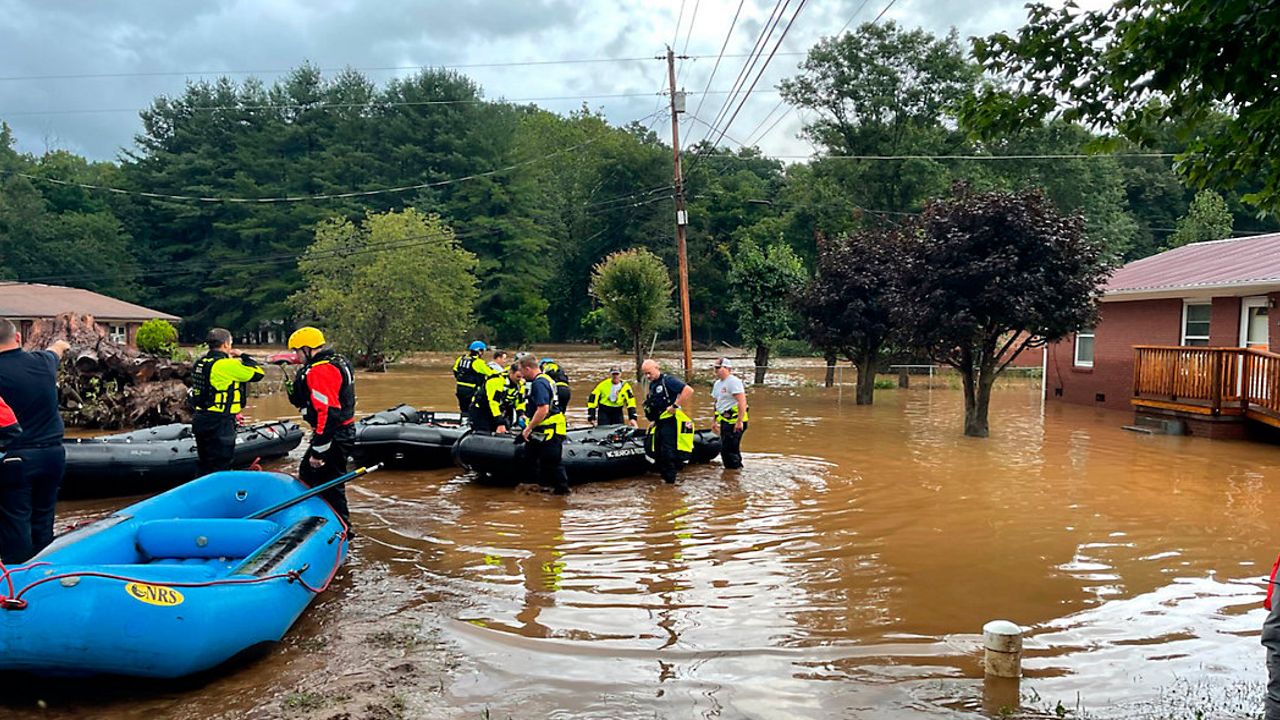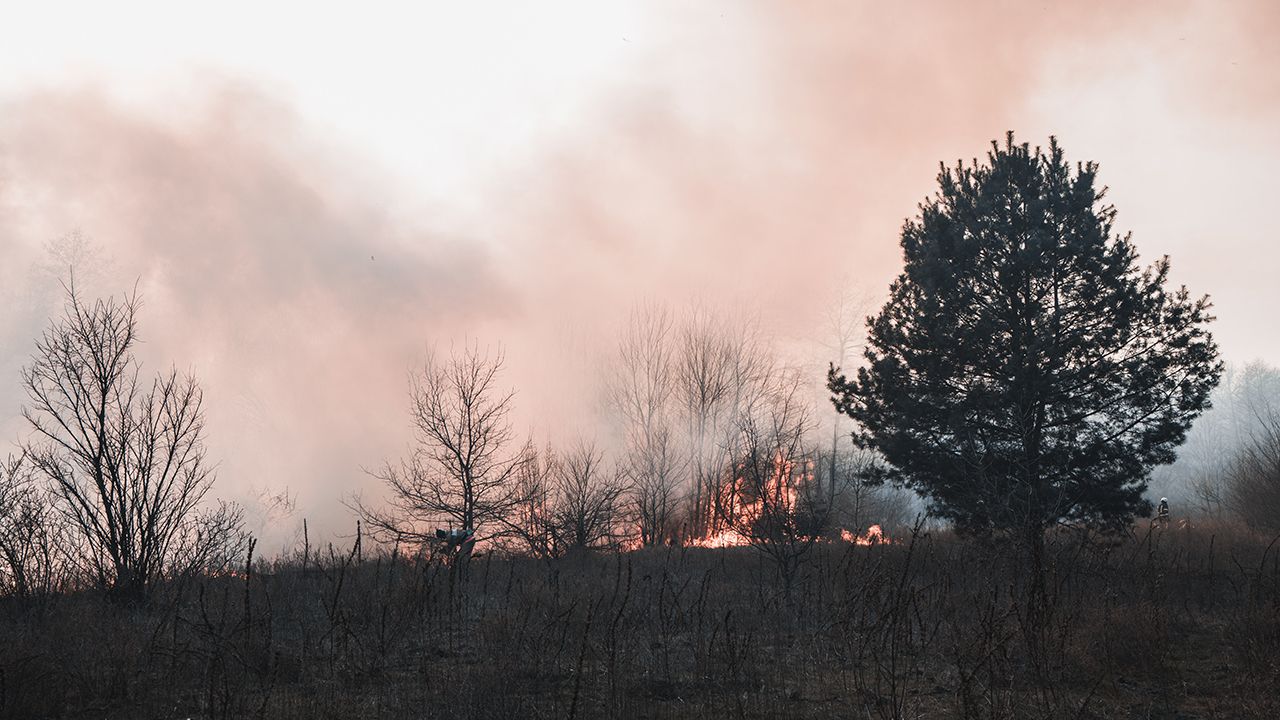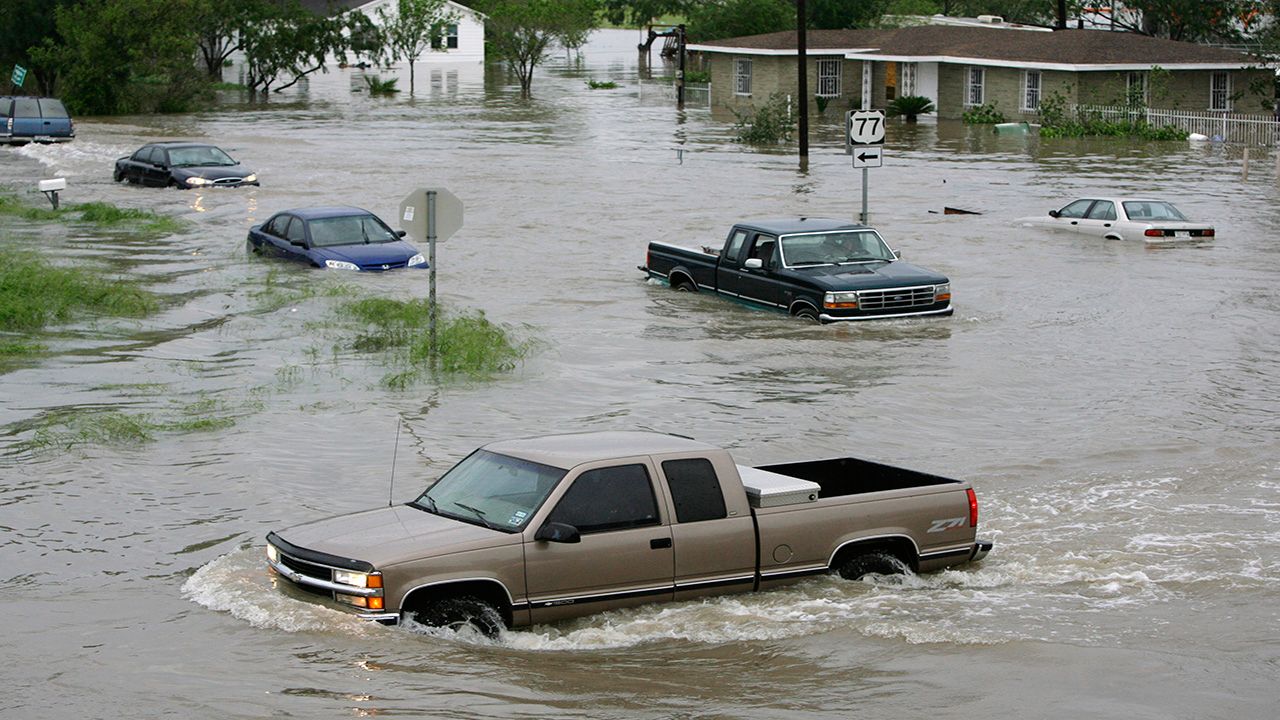Tuesday marked the end of another above-average tropical season for the Atlantic Basin.
From the early start to the season in late May to the official end on Nov. 30, there were twenty-one named systems. Of those 21, seven became hurricanes, and four became major hurricanes (Category 3 or higher on the Saffir-Simpson Hurricane Wind Scale).
North Carolina directly dealt with three tropical systems in 2021. Though no tropical system made a direct landfall along our coast, these three storms made landfall in other states and then found their way across the state.
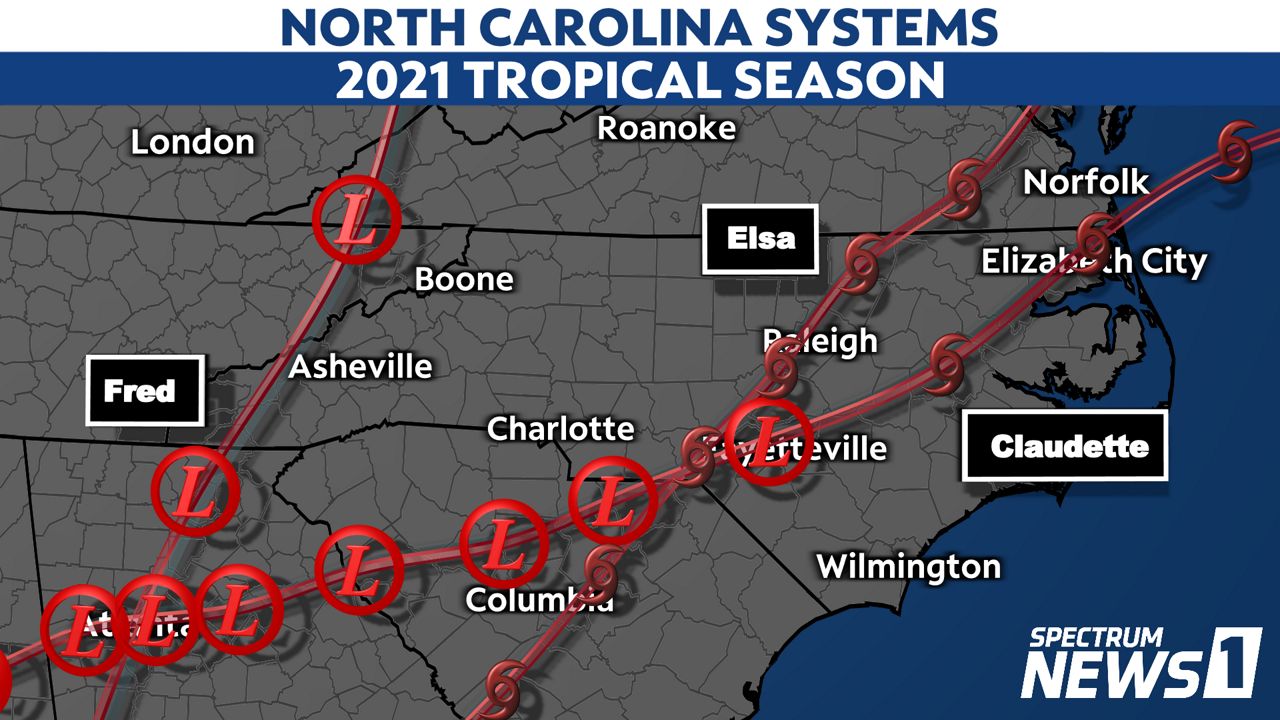
The first tropical system to move across North Carolina during the 2021 Atlantic season was Claudette.
Claudette made landfall in Louisiana on June 19 as a tropical storm. It then moved north and east and crossed North Carolina on June 20 and 21 as a tropical depression.
While over land on June 21, Claudette regained tropical storm status before moving off the coast.
The storm brought rain with the possibility of flooding and isolated tornadoes. Along the storm's path, areas saw 1 to 3 inches of rain. Thankfully, Claudette's impacts were minimal across the state.
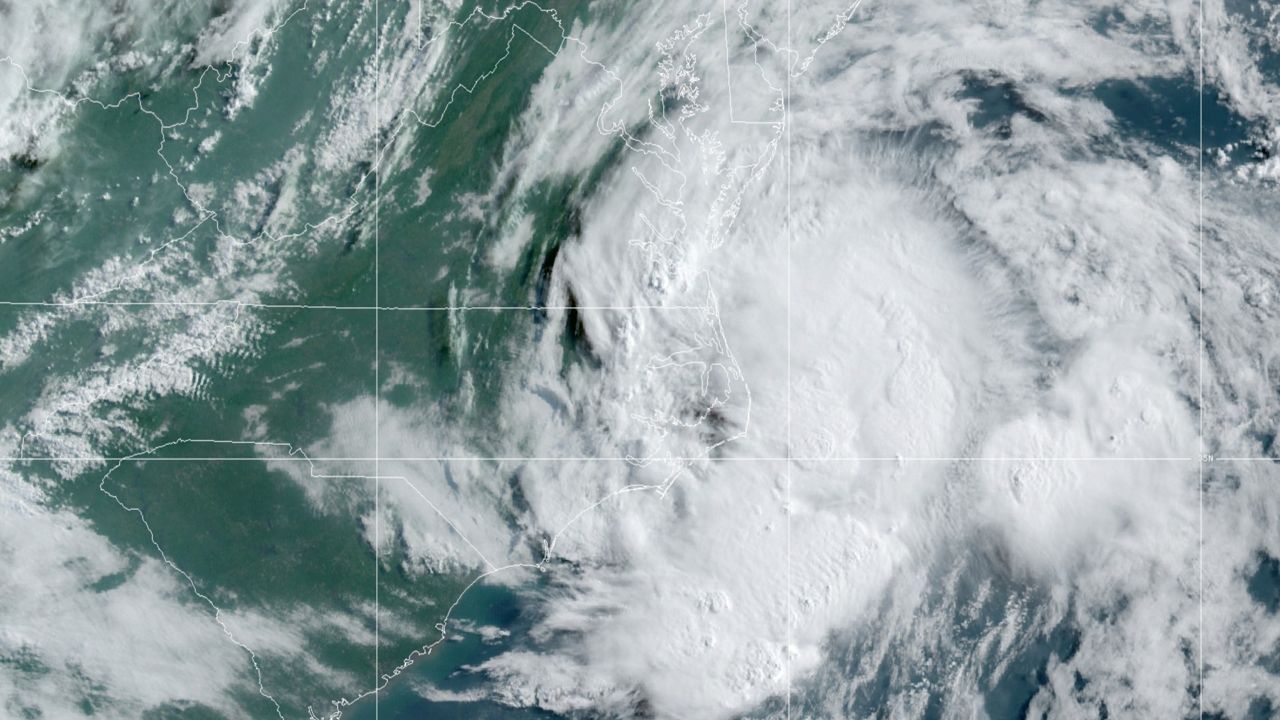
A few weeks later, a second tropical system took aim at North Carolina. Once again, this system made landfall along the Gulf Coast but then made its way northward toward North Carolina.
Elsa, at one point a hurricane, made landfall as a strong tropical storm along the Florida panhandle on July 7. The storm moved north and tracked across North Carolina on July 8.
Once again, heavy rainfall and isolated tornadoes were the main threats with the system, along with gusty winds. Central and eastern North Carolina saw upwards of 4 to 5 inches of rain.
Wind gusts of over 50 mph occurred at multiple locations along the Carolina coast.
The storm maintained tropical storm strength during the time it was over North Carolina.
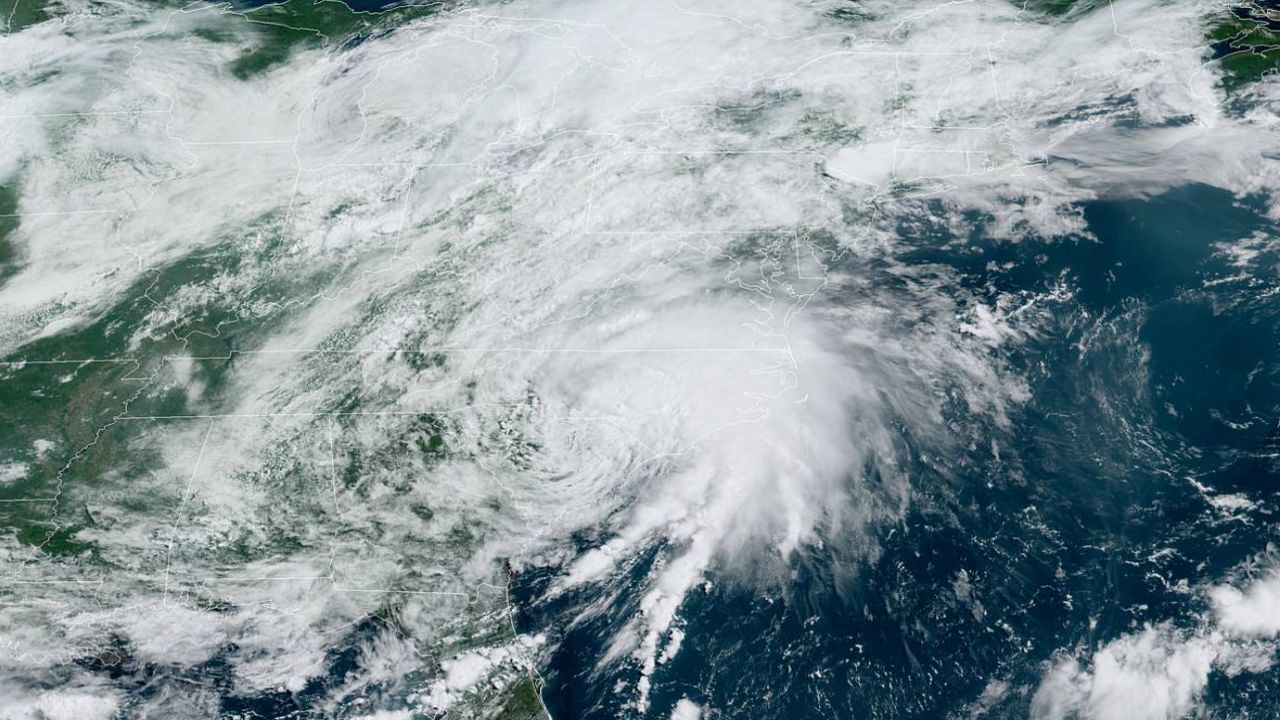
The most destructive storm to impact North Carolina during the 2021 Atlantic season was Fred.
Tropical Storm Fred made landfall near Cape San Blas, Fla. on Aug. 16 with 65 mph winds.
The storm rapidly weakened to a tropical depression but still packed a punch. As it made its way north into North Carolina, not only did it drop heavy rainfall, but it also produced a series of tornadoes.
As Tropical Depression Fred crossed western North Carolina on Aug. 17, it dropped over a foot of rain in many areas, areas that had already seen several inches of rain a few days earlier.
With this heavy rain falling on saturated ground, the water had nowhere to go and ran off into rivers and streams, quickly overfilling them.
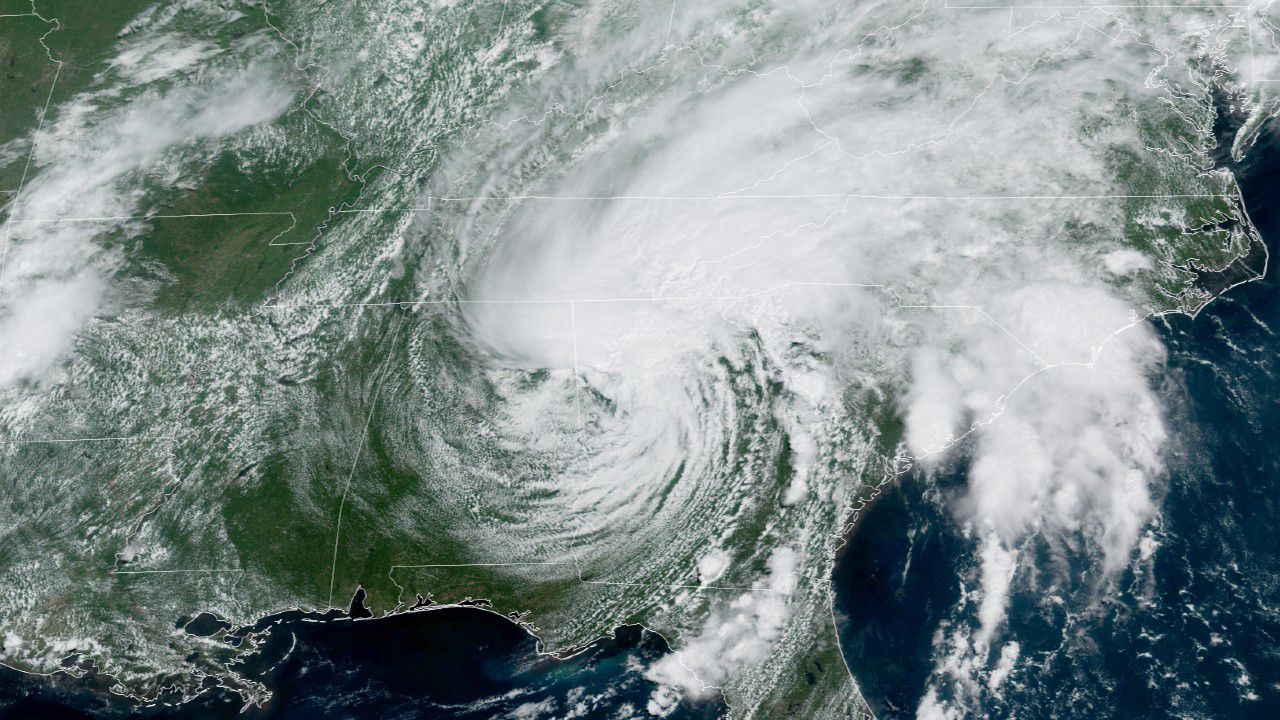
Significant flooding occurred over a wide section of western North Carolina. A Flash Flood Emergency was issued for parts of the area due to the dangerous flooding that occurred.
Many homes were damaged or destroyed. Water washed out roads and bridges, cutting off communities.
In the end, six people lost their lives due to the flooding rains produced by Fred. Millions of dollars in damage occurred during the storm, and recovery efforts continue in those communities today.
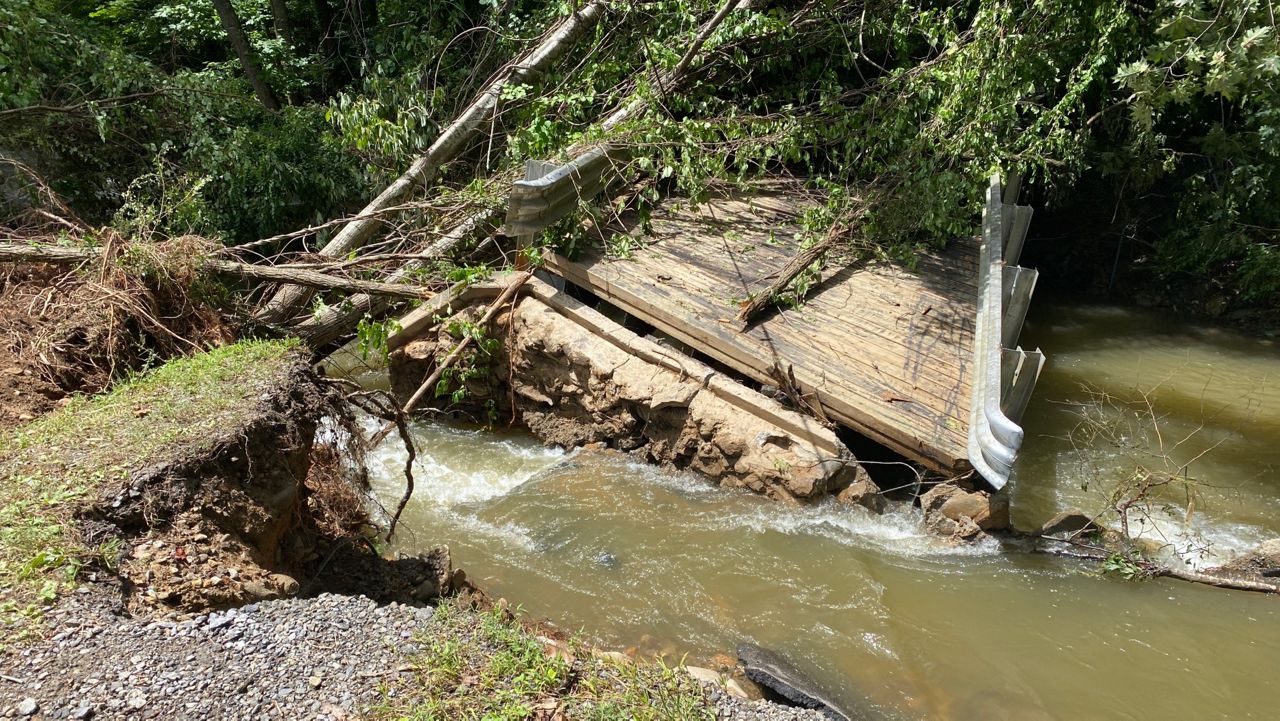
The 2021 Atlantic season can serve as an example and a reminder for future seasons.
Even though North Carolina did not see a land-falling hurricane on its coast and the tropical systems that impacted North Carolina were under hurricane strength, the state still saw significant damage, significant impacts and fatalities.
So, what is the takeaway? It doesn't take a strong tropical system to cause major problems. We have to be weather aware and prepared when dealing with any tropical weather threat.




